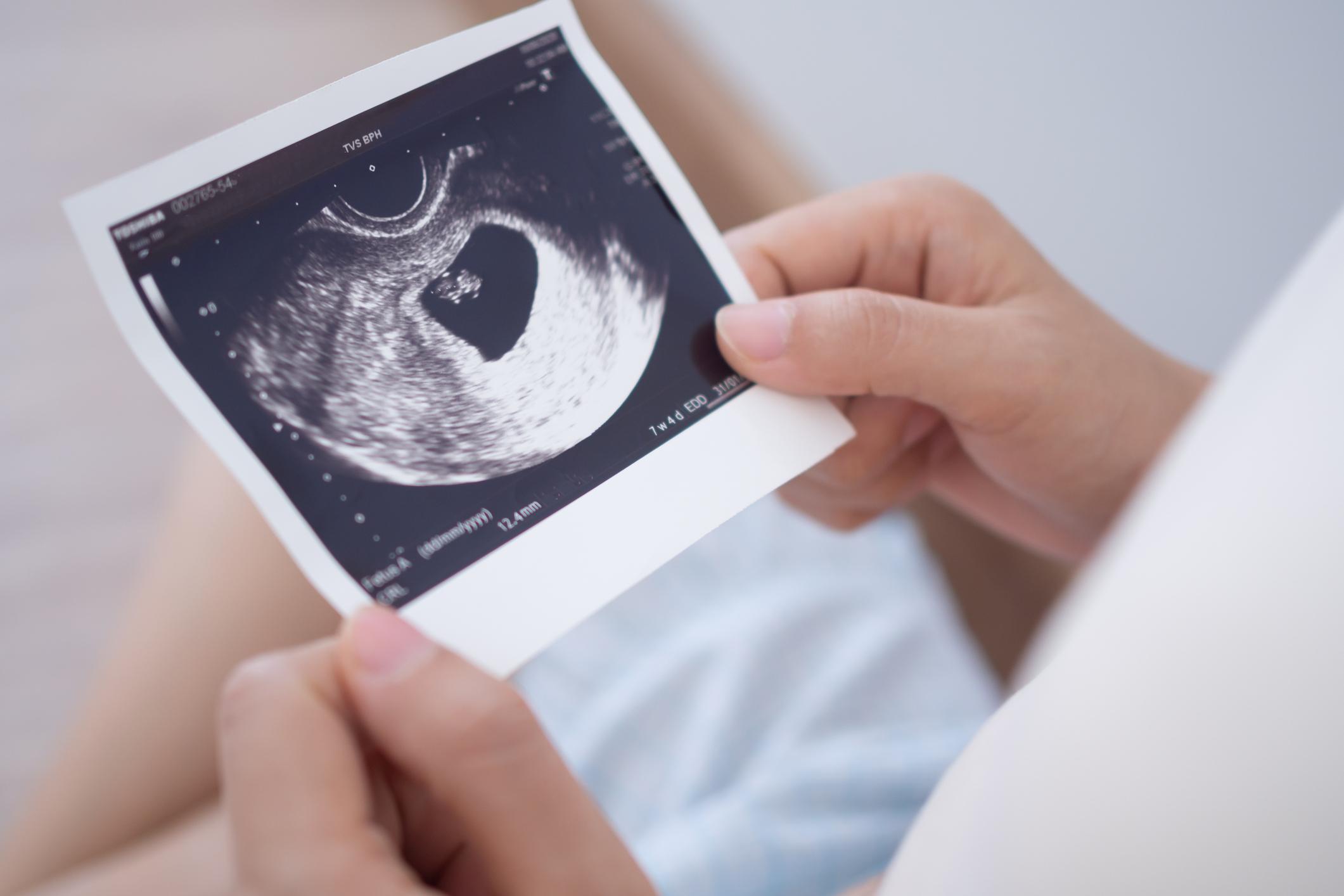The hangoveroccurs for several reasons. Since alcohol is a diuretic, it causes severe dehydration. This in turn causes symptoms such as headaches, dry mouth or difficulty concentrating. But alcohol also lowers our blood sugar levels because it prompts the body to produce insulin in response to its high sugar content.
All this helps to provoke these headache throbbing that we have trouble getting rid of the aftermath of the party. The nausea and vomiting on the other hand, originate from alcoholic gastritis, which is a direct toxic effect of alcohol on the stomach.
People who are less prone to hangovers are therefore, quite simply, those who are less likely to suffer from headaches in case of dehydration. Or those that are less sensitive to the effects of acetaldehyde, the toxic substance produced when alcohol is metabolized by the liver. Hangover symptoms are also less common in people over 60.
“But that doesn’t mean these people are immune to the long-term effects of alcohol.” explains Dr Sarah Jarvis, medical consultant for a British Association of alcoholism prevention. “On the contrary, people who have a hangover tolerance tend to drink more excessively, since their body is not sending them warning signals. However, the more alcohol one consumes during his life, the more increases the risk of numerous pathologies: cancers, diseases of the liver (cirrhosis) and of the pancreas, cardiovascular disorders, arterial hypertension, diseases of the nervous system and psychic disorders (anxiety, depression, behavioral disorders) “ insists the doctor.
The easiest thing, during these festive periods, is to “Drink with moderation“as the prevention campaigns remind us and to opt for hangover free foods. And good eve!
Read also :
- The right gestures to properly digest the holidays
- Quitting smoking limits hangovers
- This is how a hangover affects your brain


















